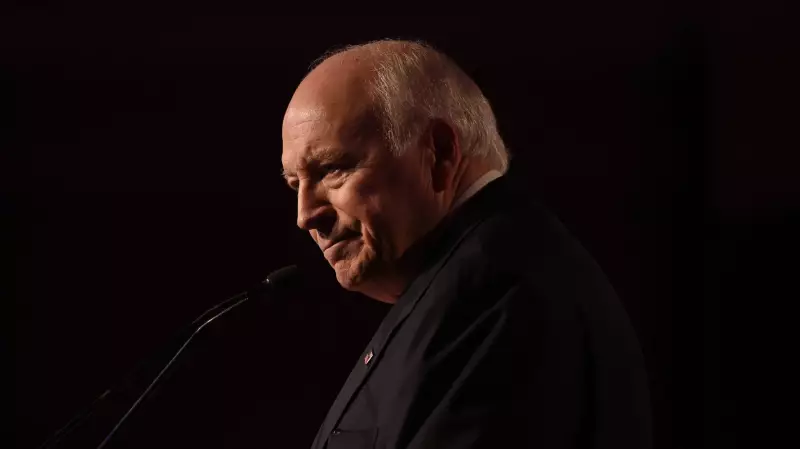
The political world is reflecting on the complex legacy of Dick Cheney, one of the most influential and controversial vice presidents in American history. His passing marks the end of an era for conservative politics and raises important questions about how history will ultimately judge his tenure.
Cheney transformed the office of vice president from a ceremonial role into a position of genuine power and influence. During the George W. Bush administration, he operated as a central architect of American foreign policy, particularly in the aftermath of the September 11th attacks.
The Architect of Modern Foreign Policy
Cheney's most enduring impact lies in his aggressive approach to national security. He was a principal advocate for the 2003 invasion of Iraq, arguing forcefully that Saddam Hussein possessed weapons of mass destruction. This conviction, though later proven inaccurate, shaped American foreign policy for years to come.
His philosophy of executive power expanded presidential authority in ways that continue to spark debate among constitutional scholars. The "Cheney Doctrine" emphasized robust executive branch powers, particularly in matters of national security.
Controversial Counterterrorism Methods
The former vice president was a staunch defender of enhanced interrogation techniques that many critics labeled as torture. He consistently argued that these methods produced vital intelligence that prevented further terrorist attacks on American soil.
"I'm a big supporter of waterboarding," Cheney once stated, reflecting his uncompromising stance on national security matters. This position placed him at the center of ongoing debates about civil liberties versus security concerns.
From Congress to Halliburton and Back
Cheney's career path was unlike any other modern political figure. He served as White House chief of staff under Gerald Ford, represented Wyoming in Congress for ten years, and became Secretary of Defense under George H.W. Bush.
His time as CEO of Halliburton Corporation between government service provided ammunition for critics who later questioned his involvement in Iraq war contracts. Supporters, however, saw this private sector experience as valuable preparation for high office.
A Complicated Health History
Cheney's medical history was as remarkable as his political career. He suffered his first heart attack at age 37 and underwent multiple cardiac procedures throughout his life, including a heart transplant at age 71. His resilience in the face of serious health challenges became part of his public persona.
The Legacy Debate Continues
Historians remain divided on Cheney's impact. Supporters credit him with keeping America safe during a vulnerable period, while critics argue his policies damaged America's international reputation and set dangerous precedents for executive power.
What remains undeniable is that Dick Cheney fundamentally reshaped the vice presidency and left an indelible mark on American politics that will be debated for generations to come.





